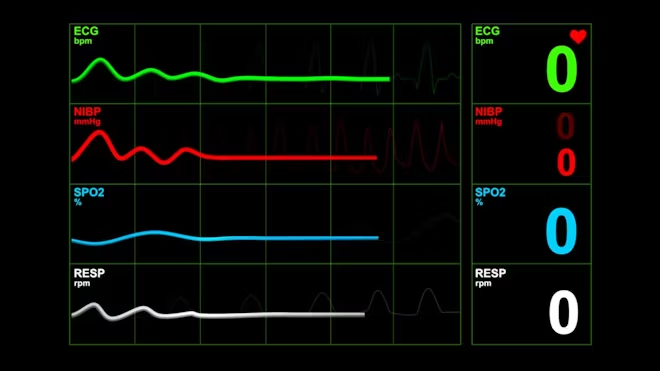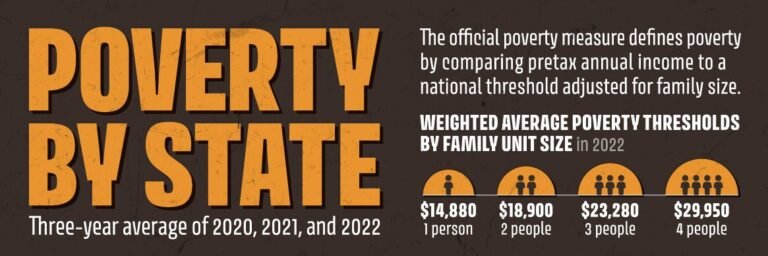The Transformation of Martin Niemöller
Have you Ever Heard of Martin Niemöller?
Do you know Martin Niemöller? I referenced him in one of my previous posts. His name might not leap off the page like a Roosevelt or a King, but his story carries a weight that demands our attention – especially right now. It’s a story of transformation—of a man who once stood on the wrong side of history, only to emerge as one of its most enduring moral voices. Niemöller, a German pastor, began as a staunch nationalist and Nazi sympathizer, cheering Hitler’s rise to power in the early 1930s. But as the Nazi regime revealed its true intentions, Niemöller’s blind allegiance gave way to bitter disillusionment. He chose to resist, a decision that ultimately led to his imprisonment in concentration camps and the loss of everything but his conscience and a re-emergence of his empathy.

This man, once complicit in silence, became a symbol of accountability and courage, giving us one of the most persistent lessons in modern history: “First they came for the Communists, and I did not speak out—Because I was not a Communist…” I encourage you to read up on his story? I’m surprised a feature length movie has not been made about him – I would recommend Daniel Brühl, my second choice would be Christoph Waltz. More importantly, do you see his relevance to today?

In a time of political fractures and shifting alliances, Niemöller’s journey reminds us that silence is not a neutral stance—it’s a choice. A dangerous one. As some grapple with the fallout of recent elections and prepare for the pivotal battles leading up to 2026, his legacy demands we ask ourselves hard questions: Are we speaking out? Are we building bridges? Or are we letting division fester in our quiet resignation? Niemöller’s story is a mirror—will we dare to look?
From Complicity to Conscience
Martin Niemöller’s story begins not as one of heroism but as a cautionary tale of indifference. Born in 1892 in Germany, Niemöller grew up in a deeply conservative and nationalist environment, eventually serving as a U-boat commander during World War I. Like many of his comrades, he found himself drawn to the rising tide of Adolf Hitler’s promises of national rejuvenation in the aftermath of Germany’s humiliations post-Versailles Treaty. Initially, Niemöller welcomed the Nazis, seeing in them a path to reclaiming Germany’s pride.
However, his support wavered as Hitler’s regime moved from the rhetoric of renewal to the reality of totalitarian oppression. As a Lutheran pastor, Niemöller grew disillusioned when the Nazis began to encroach on church autonomy and redefine Christianity in service to their ideology. Sound familiar? He emerged as a leading voice in the Confessing Church, resisting efforts to Nazify religion. Arrested by the Gestapo in 1937, Niemöller spent years imprisoned and later in concentration camps, where he had ample time to reflect on the devastating consequences of his earlier silence and complicity. He, as we are saying today, messed around found out.

Niemöller’s post-war life was marked by repentance and advocacy. He transformed into a vocal advocate for inclusivity and human rights, best remembered for his poignant confession: “First they came for the Communists, and I did not speak out—Because I was not a Communist…” This refrain captures the enduring danger of apathy in the face of injustice—a message that resonates profoundly today.
Latino and Black Political Solidarity
The 2024 elections revealed cracks in the assumed solidarity between Latino and Black voters. For many, the unexpected levels of Latino support for Donald Trump—a leader whose policies often appeared contrary to the interests of minority communities—felt deeply disheartening. Paulo Ramos, in her latest book, examines this shift in Latino voting patterns, which I plan to discuss in a future post once I finish the book—I’m currently three-quarters through. Latino men, in particular, cited economic concerns and fears of rising communism as key reasons for their support, viewing Trump’s policies as a path to stability and a return to “democracy” during uncertain times. However, this alignment with conservatism has triggered significant hurt and frustration, especially among Black communities, whose enduring fight for civil rights has historically laid the groundwork for societal progress not just for themselves but for other marginalized groups as well.

This post isn’t about finger-pointing! We have no time for that. Instead, it seeks to acknowledge the disappointment while charting a path forward. If 2024 was a moment of fracture, 2026 must be one of repair! Time, after all, will reveal whether the promises made by political leaders align with the lived realities of those who supported them. Buyers remorse is already being reported and my intuition tells me this will spread like wildfire. And when those truths surface, a question lingers: Will we be ready to welcome disillusioned voters back into the fold, even as we carry the weight of their earlier choices?
The Art of Reconciliation: Building Alliances Post-Betrayal
Rebuilding trust requires both forgiveness and accountability. Those who feel betrayed by their peers’ votes must resist the impulse to disengage. Instead, we must approach 2026 with a strategy rooted in empathy and pragmatism. When disillusionment sets in for communities who may have been misled, a space must exist for dialogue—not with scorn, but with a clear-eyed acknowledgment of harm and a shared vision for justice.
Latino voters who stood against Trumpism must play a pivotal role. They can bridge divides within their communities, initiating conversations about shared struggles and collective power. Similarly, white allies, particularly white women who voted to defend democracy, must confront complicity within their ranks. The work of coalition-building is unglamorous, painstaking, and fraught, but it remains the only viable path to progress.
Lessons from Niemöller
Niemöller’s journey offers a stark reminder that silence in the face of injustice is a choice—one with devastating consequences. Like him, we must confront our complicity, whether through direct action or passive indifference. Our shared liberation is contingent on recognizing that an injury to one is an injury to all.

As we approach the 2026 midterms, let us commit to the hard work of dialogue and coalition-building. Let us remain vigilant against the forces that seek to divide us, while extending a hand of reconciliation to those willing to correct their course. The stakes are too high for indifference. The time for action is now.
Reflecting on his own failure to act, Niemöller’s haunting words continue to challenge us:
“First they came for the Communists, and I did not speak out—Because I was not a Communist. Then they came for the Socialists, and I did not speak out—Because I was not a Socialist. Then they came for the trade unionists, and I did not speak out—Because I was not a trade unionist. Then they came for the Jews, and I did not speak out—Because I was not a Jew. Then they came for me—and there was no one left to speak for me.”
Questions for Reflection
- When the lies that have fueled division begin to unravel, how can you engage those who were misled in meaningful dialogue?
- What practical steps can we take today to ensure our communities are ready to stand united in 2026?







